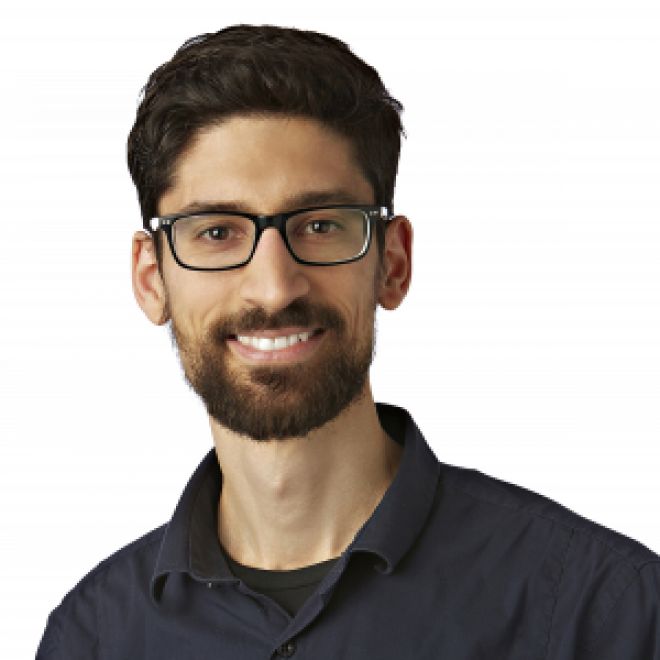
Alberto Roselló-Díez
GROUP LEADER
- alberto.rosellodiez@monash.edu
Biography
Alberto Roselló-Díez received his PhD in molecular biology from Autonomous University of Madrid (Spain) for his work in the group of Dr. Miguel Torres, where he studied early limb development in chicken and mouse.
As a postdoctoral fellow in the Joyner laboratory at Memorial Sloan Kettering Cancer Center (New york, USA), he developed mouse genetic models of unilateral insults, to study regulation of limb growth. These models led to the discovery that local and systemic mechanisms interact during the response to developmental insults.
In 2017 he was appointed Group Leader at the Australian Regenerative Medicine Institute at Monash University in Melbourne, Australia. His current work is centred on understanding the short- and long-range communication mechanisms that regulate growth within and between organs, during vertebrate limb development and regeneration. The laboratory started operating in May 2018.
Research interests
The aim of regenerative medicine is not only to recover the integrity of individual organs, but also to maintain the proportions with the rest of the body. The Roselló-Díez group uses animal models to study the local and systemic mechanisms that orchestrate organ growth and repair in vertebrates. The ultimate goal is to lay the groundwork for regenerative therapies aimed at boosting these mechanisms.
The limbs are particularly well suited for these kinds of studies, because our locomotion and interaction with the environment depend on the robustness and precision of their proportions, while they are experimentally accessible and dispensable for survival. The Rosello-Diez group has generated genetic mouse models that allow us to induce, with temporal control, tissue-specific injuries specifically in the left developing limbs, such that the right limbs remain as internal controls. The group plans to complement these models with models of fin regeneration in zebrafish and regulative growth in transgenic chicken/quail chimeras.
The main interest of the group is to study the signals that operate within the bones and between them and other tissues/organs during development and regeneration. At the local level, they study phenomena such as compensatory proliferation in response to biochemical and mechanical changes in the cell vicinity. At the systemic level, they are exploring the role of the vascular and nervous systems in the bidirectional communication between the bones and the rest of the body.
